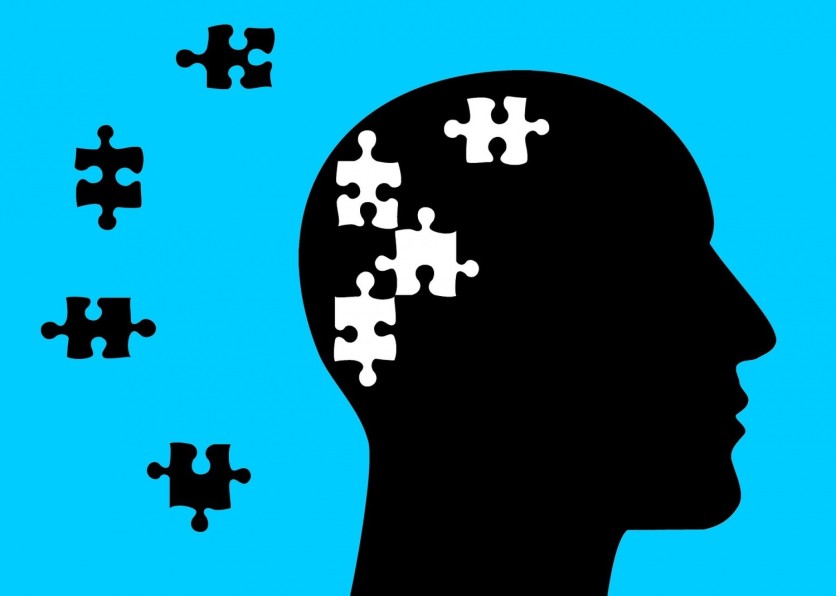Electroconvulsive therapy (ECT), a treatment often associated with misconceptions and stigma, may hold its efficacy for treating depression by increasing aperiodic activity in the brain, according to two new studies conducted by researchers from the University of California San Diego.
These studies provide a new perspective on the mechanism behind ECT's success in alleviating depression symptoms.

All About ECT
Lead author Sydney Smith, a PhD candidate in the Voytek Lab at UC San Diego, emphasized the importance of unraveling the mystery surrounding ECT, a therapy that has been in use for nearly a century.
Despite its effectiveness, ECT has struggled with a negative reputation due to outdated portrayals in the media. Smith clarified that the modern procedure involves highly controlled dosages of electricity administered under anesthesia, dispelling common misconceptions.
"We're solving a puzzle that's stumped scientists and doctors since electroconvulsive therapy was first developed nearly a century ago. On top of that, we're also helping to demystify one of the most effective, yet stigmatized treatments for severe depression," Smith said in a statement.
ECT has shown a success rate of up to 80% in patients, primarily those with severe depression but occasionally with bipolar disorder or schizophrenia, according to the researchers.
The therapy's effectiveness, however, comes with drawbacks such as temporary confusion and cognitive impairment, along with the necessity for multiple outpatient visits.
Senior author Bradley Voytek, PhD, a professor of cognitive science at UC San Diego, highlighted the challenge of making ECT more accessible and acceptable to a broader audience, acknowledging the convenience of alternative treatments like medication.
Understanding the underlying mechanisms of ECT, Voytek emphasized, could contribute to optimizing its benefits while minimizing side effects.
The researchers employed electroencephalography (EEG) scans to analyze the brain activity of patients undergoing ECT for depression. They also investigated magnetic seizure therapy, an alternative treatment inducing seizures with magnets instead of electrodes.
Both therapies exhibited increased levels of aperiodic activity in patients' brains post-treatment, according to the studies.
Aperiodic activity, described as the brain's background noise, plays a crucial role in controlling how neurons turn on and off. This activity assists in regulating the cycles of excitation and inhibition that correspond to different mental states.
Restoring Function
The studies suggest that electroconvulsive and magnetic seizure therapies may restore this function in individuals with depression.
The researchers underscored the need for further investigation to translate these insights into clinical applications. They are exploring the potential use of aperiodic activity as a metric to gauge the effectiveness of other depression treatments, including medications.
Ultimately, while emphasizing the importance of ECT's efficacy, the researchers stressed the scientific responsibility to delve into the intricacies of brain activity during such treatments.
This ongoing inquiry aims to enhance the effectiveness of these treatments while minimizing potential negative effects, aligning with the shared goal of providing patients with improved mental health care options.
The first study's findings can be found here. The second was published in the journal Translational Psychiatry.

ⓒ 2025 TECHTIMES.com All rights reserved. Do not reproduce without permission.




